Going local – hotels ramp up efforts to curate community experiences
As travellers become more demanding, ‘post-experiential hospitality’ is fast becoming an industry catchphrase
HOTEL owner Yuta Oka doesn’t believe in the conventional model of luxurious rooms, butler service or chocolates on pillows. As the co-founder of the boutique 14-room Soil Nihonbashi in Tokyo’s historic banking district, he was more interested in creating a soulful space that was entrenched in the local community.
Here, neighbouring residences drop off their excess potted plants, or even personal cassette tapes that guests can listen to in the inhouse restaurant Pizza Tane. The rooms are also equipped with vintage players and tapes.
Guests are encouraged to explore the neighbourhood – getting a bite at Parklet Bakery or making use of a co-working space nearby that Soil patrons can use.
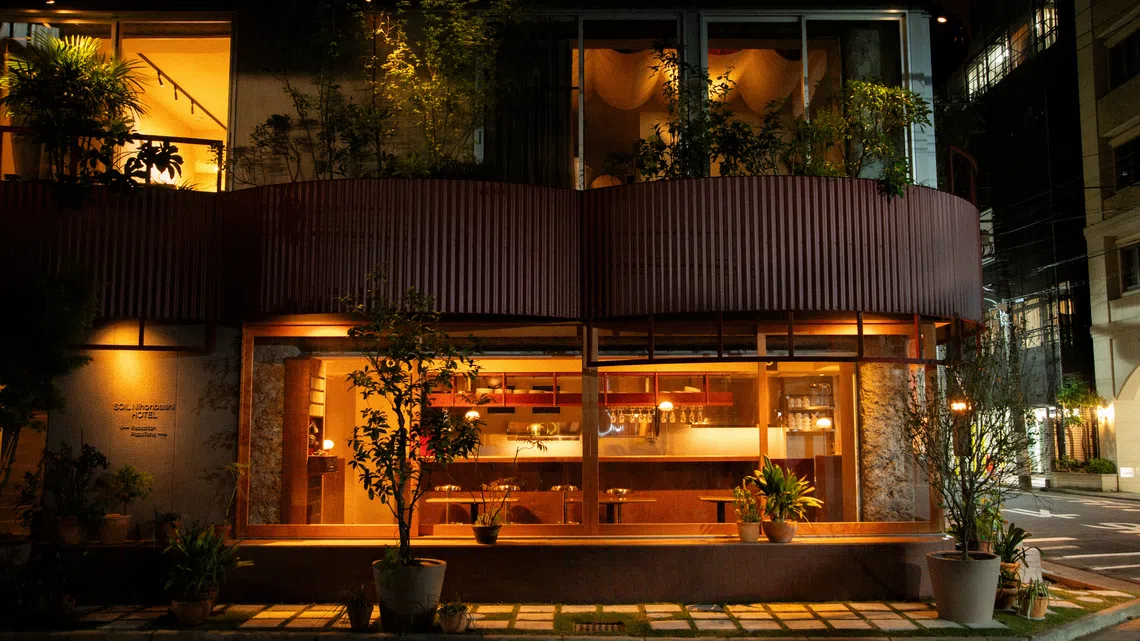
Soil Nihonbashi is one of three properties in Oka’s Staple portfolio. The community-centred company is described as a “soft developer” that created properties with the neighbourhood and locals in mind. Oka also started Good Soil with Sumitomo Mitsui Trust Bank, focusing on long-horizon capital for neighbourhood regeneration.
Post-experiential hospitality
Oka’s approach epitomises “post-experiential hospitality” – a new buzzword coined by Design Hotels in its 2026 report, The Passion Principle: A Framework for Post-Experiential Hospitality.
The report was done in collaboration with architecture firm Universal Design Studio, to identify the next phase of hospitality.
One of its key findings was that hospitality is “evolving from the experiential – focused on what guests experience – to post-experiential, where moments are co-created by hoteliers and guests”.
Its data showed that 80 per cent of survey respondents were open to co-design their hotel stay – from room layouts to music playlists and menus.
The idea is to create long-term impact – both for guests and context, says Oka. “We design for shared authorship – spaces, programmes and rhythms that make it natural to collaborate with the neighbourhood.” This could involve everything from bakery counters and open kitchens to co-working and micro events.
“That’s why we focus on walkable, mixed-use neighbourhoods,” he adds. “When daily needs are reachable on foot, trust networks form, money circulates locally, carbon emissions fall and long-term value per square metre rises.”
Stijn Oyen, managing director of Design Hotels, says: “From our Design Hotels’ Community Survey in 2025, it’s clear that travellers are shifting from merely consuming experiences to wanting to co-create journeys that resonate with their personal growth, passions, and identities.
“This evolution signifies a move towards active participation, with travel serving as a catalyst for personal development.”
He gives the example of The ArcadiaPlace, Lugu Lake in Sichuan China, where cultural interactions between guests and locals help preserve the local Mosuo matriarchal traditions. This approach “is not just about staging perfection and providing services; it’s more about cultivating conditions where participation, reciprocity, and transformation can emerge”.
Making space and place
“Post-experiential travel begins after the stay,” says Oka. “It’s not just ‘what I did on holiday’, but what we built together – guest, host and neighbours. Meaning deepens when you return – physically or digitally – to keep contributing: mentoring a young chef you met, sourcing local materials for your brand, or simply becoming a repeat regular at the corner shop. The strongest demand signal we see isn’t promotion; it’s attachment to the community.”
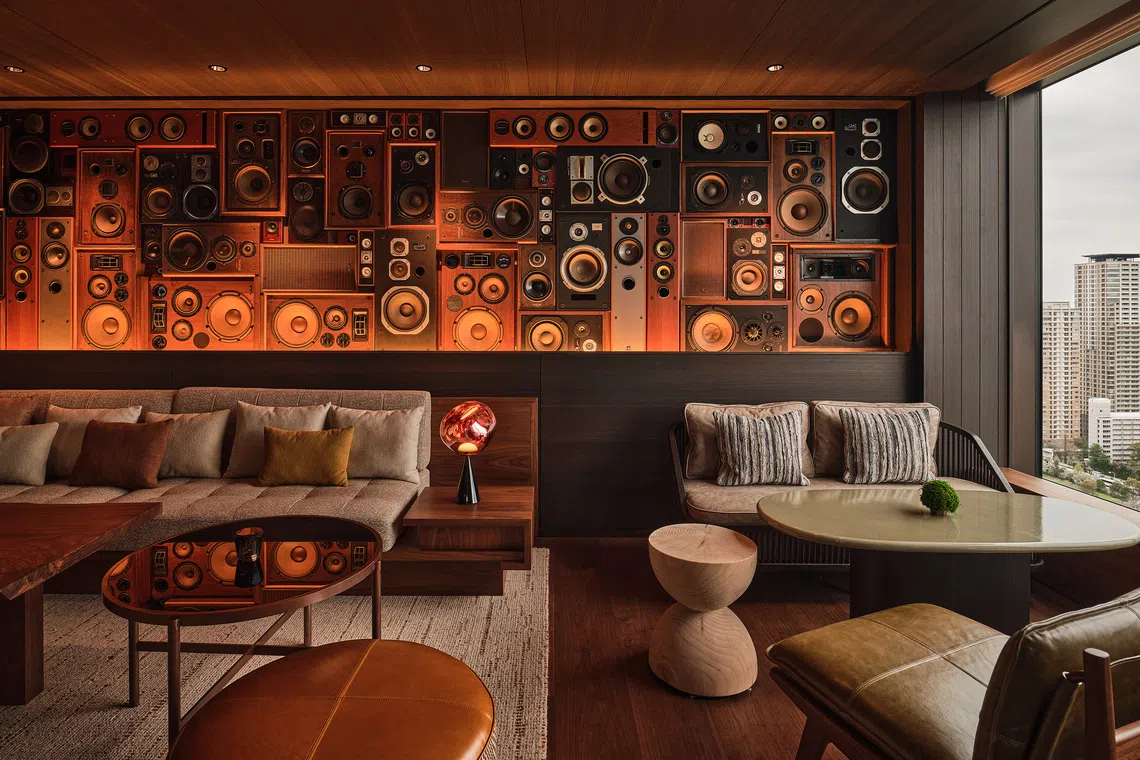
The Passion Principle blueprint divides post-experiential hospitality into three phases: Flows, Invitations and Becoming. “Flows” refers to touchpoints such as the design and check-in process “that shapes how host and guest meet”. In Patina Osaka, music is one such connector in creating community hubs.
“Music played a huge role in shaping the spaces and programming at Patina Osaka,” says Aya Kominami, Patina Osaka’s director of lifestyle.
“Every evening, Sonata Bar & Lounge bar offers multi-genre vinyl curations, concluding with live sets by local and international DJs on the weekends known as ‘Patina Sounds’.”
There is also The Listening Room by OJAs – an audiophile space created by sound pioneer Devon Turnbull, where guests can immerse in specially created sunrise soundscapes to the view of Osaka Castle. Partnerships with local designers like Verdy, wellness practitioners and artisans also link guests, locals and the city’s creative set while “enriching the region’s creative economy”, says Kominami.
Being good neighbours
The second phase, “Invitations”, refers to “intentional gestures that spark participation and co-authorship… that cultivates cultural and social conditions through hospitality to help neighbourhoods thrive”, says Oka, whose Soil Nihonbashi is one example.
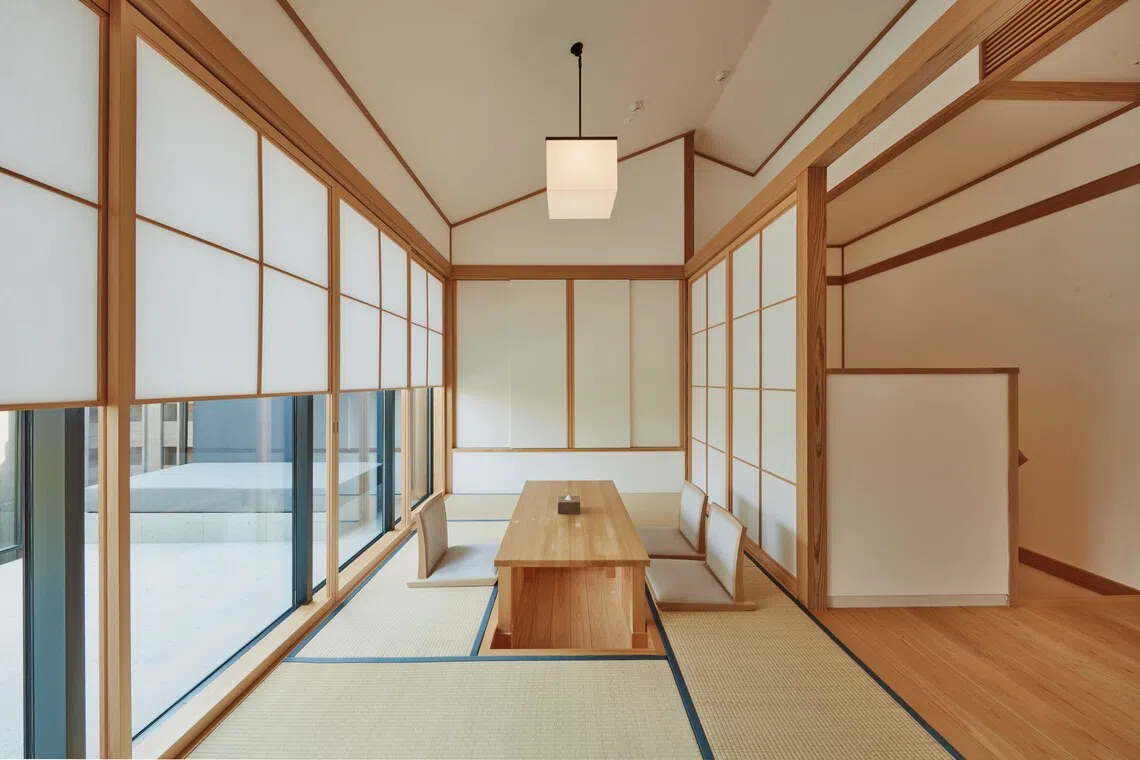
There are also Azumi Setoda and Yoruya, which Oka also co-founded under his hotel management company Naru Developments. The former is a ryokan in a 140-year-old former residence that Oka opened with Aman Resorts’ founder, Adrian Zecha. The hotel’s Yubune bathhouse was deliberately located across the street, so that the community can share it.
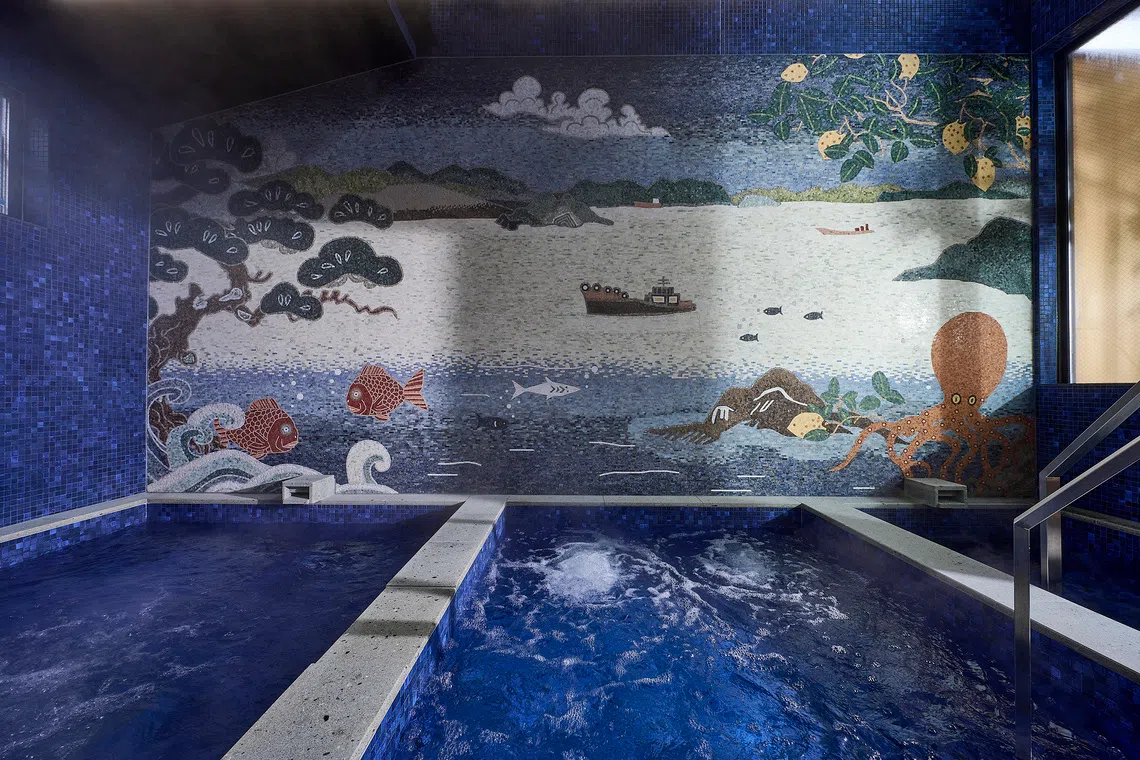
Coming to Setoda “changed me”, muses Oka. “I arrived as a developer; I stayed because daily life drew me in – bumping into local acquaintances in morning hikes to Kosanji Temple, joining citrus harvests, talking with fishermen, and helping out at neighbourhood events. That mutual recognition – when a place welcomes you as you are, and you begin to care for it in return – is, to me, the essence of post-experiential travel; it is a shift from memory to membership.”
Yoruya in Kurashiki, Japan, which Oka co-founded with Yuya Uenuma in November 2024, adds two new blocks to a restored, 110-year-old residence. This results in shared passageways, or what Oka describes as “thresholds – the in-between layers where strangers become neighbours.”
Giving back long term
The most matured phase of The Passion Principle, “Becoming”, is defined as “the unpredictable transformations that emerge when host, guest, and place co-create something new”.
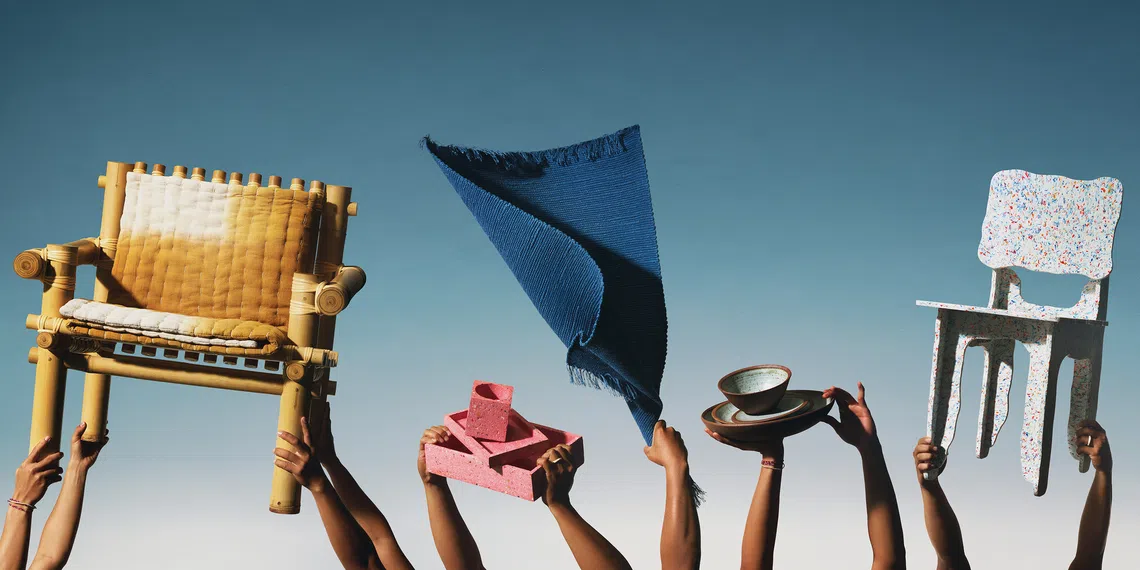
Desa Potato Head, a pioneer in transformative tourism paves the way, with long-term endeavours like the in-house Waste Centre that recycles trash from around Bali.
Recently, the hotel collaborated with British artist-designer Max Lamb on a five-year project to turn local trash into homeware, such as throws and bags made from damaged or old hotel bed linen, and dyed with marigold flowers from discarded shrine offerings.
The inaugural Sumba Food Festival started by beach resort Cap Karoso is a strong case study. It ran from Oct 4 to 18 this year. “Our aim was to instil pride and create opportunities for families across Sumba, enhancing food security for many,” says Eve Ivara, who founded the hotel with her husband, Fabrice, on the remote Indonesian island in 2023.
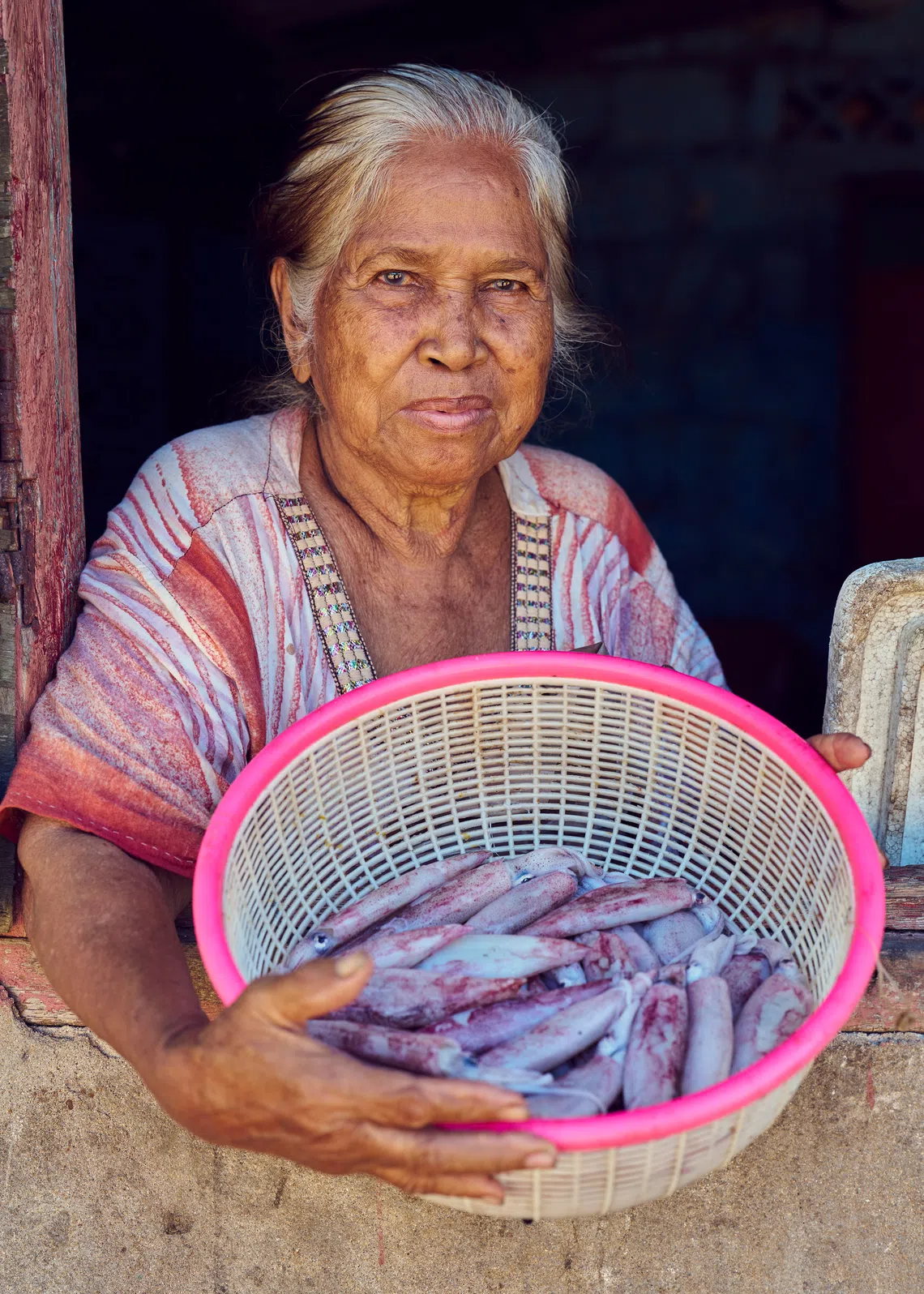
“We envision this festival as a catalyst for lasting benefits on the island, and with the support of our sponsors, guests, and partners, Cap Karoso is committed to initiatives in education, food entrepreneurship, and local access to fresh water,” she enthuses.

On a more regular basis, in-house chefs are encouraged to explore local ingredients that could become new income streams for Sumbanese farmers. The hotel also hosts chefs, artists, musicians and other collaborators for short residences.
“Each artist involved with Cap Karoso engages with the local community in meaningful ways, whether through sharing craft techniques, collaborating with local artisans, gifting artwork to villages, or creating collaborative murals with children in schools,” shares Ivara.
“These interactions speak at a human level, creating an authentic bond with the community, and I believe, creating an impact that is felt long after the artists leave.”
Decoding Asia newsletter: your guide to navigating Asia in a new global order. Sign up here to get Decoding Asia newsletter. Delivered to your inbox. Free.
Copyright SPH Media. All rights reserved.








